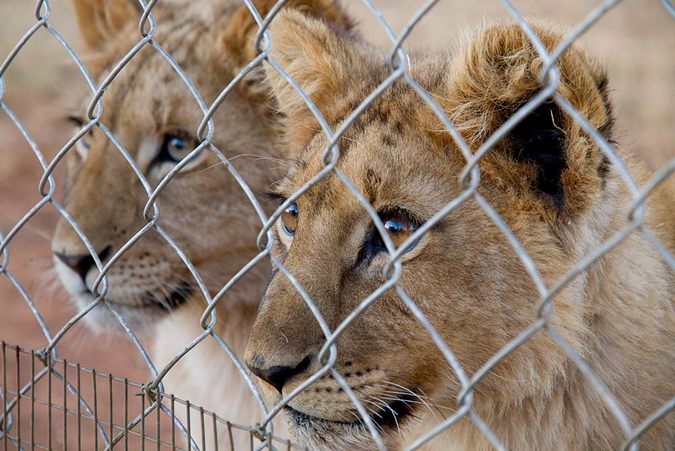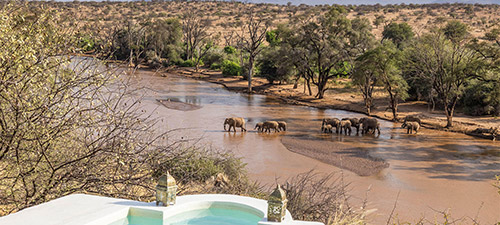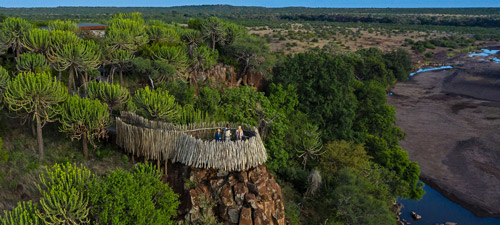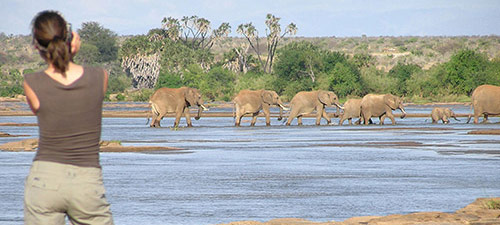
Sourced from third-party sites: TimesLIVE, Department of Environmental Affairs
According to a new lion bone export quota, 1,500 lion skeletons from captive-bred lions can now be exported annually from South Africa, effective from June 7. The announcement was made by the Department of Environmental Affairs (DEA) Minister Dr Edna Molewa on Monday.
This new quota is nearly double the number of last year’s quota of 800 lion skeletons.
The DEA said that the quota is based on new evidence from a research project by the South African National Biodiversity Institute (SANBI), in collaboration with the University of the Witwatersrand, Oxford University and the University of Kent.
The research showed that:
• there is a growing stockpile of lion bones due to restrictions;
• there has been no discernible increase in poaching of wild lions‚ but there appears to be an increase in the poaching of captive-bred lions for body parts (heads‚ faces‚ paws and claws);
• and the captive breeding industry is in a state of flux as breeders respond in different ways to the United States’ restrictions on trophies and the imposition of the skeleton export quota.
The DEA said there was a demand for lion bones and‚ if supply was restricted from the captive breeding facilities‚ dealers might seek illegal ways to source bones or start poaching lions.
It added: “South Africa has learned through its experience with rhino and abalone poaching that these illegal supply chains are very difficult to disband once they become established‚ and seeks to avoid such a scenario materialising.”
South Africa, considered a top destination for trophy hunting of captive-bred lions, is the world’s largest legal exporter of lion bones and skeletons, with currently around 6,000 to 8,000 lions held in captivity in more than 200 breeding facilities across the country.
“Hunting is part of South Africa’s policy of sustainable utilisation of natural resources – a principle supported by multilateral environmental agreements such as CITES and the Convention on Biological Diversity (CBD). All activities involving the African lion, including hunting, possession and trade are regulated through a permit system; and our policies are supported by solid scientific evidence,” said Molewa in the statement.
Responding to the DEA’s announcement, the team behind the global documentary Blood Lions released this official statement:
‘Blood Lions condemns the recent announcement from DEA that the lion bone quota for export has been doubled to 1,500 carcasses. Unofficial reports in this regard had been circulating for months.
It would seem that the Minister has used a 2015 report, Bones of Contention, put out by Wildcru and the University of Witwatersrand as the basis of the decision. It is worth pointing out that the data in this report is now at least 4 to 5 years old, and that the circumstances around the captive breeding, hunting and export of bones has shifted somewhat. The bone trade may no longer simply be a convenient by-product of hunting, poaching of lions, both wild and captive is on the rise, and so is the demand for lion bones. And the DEA has missed one of the most important cautionary tones in this report: “the trade in tiger bones is an established threat to tiger conservation”. If this pertains to tigers, why would it not be the same for lions?
And Blood Lions is increasingly concerned at the way DEA continues to be involved in matters involving the captive lion breeding industry when they themselves claim their mandate to be solely about biodiversity conservation.’
To comment on this story: Login (or sign up) to our app here - it's a troll-free safe place 🙂.![]()








